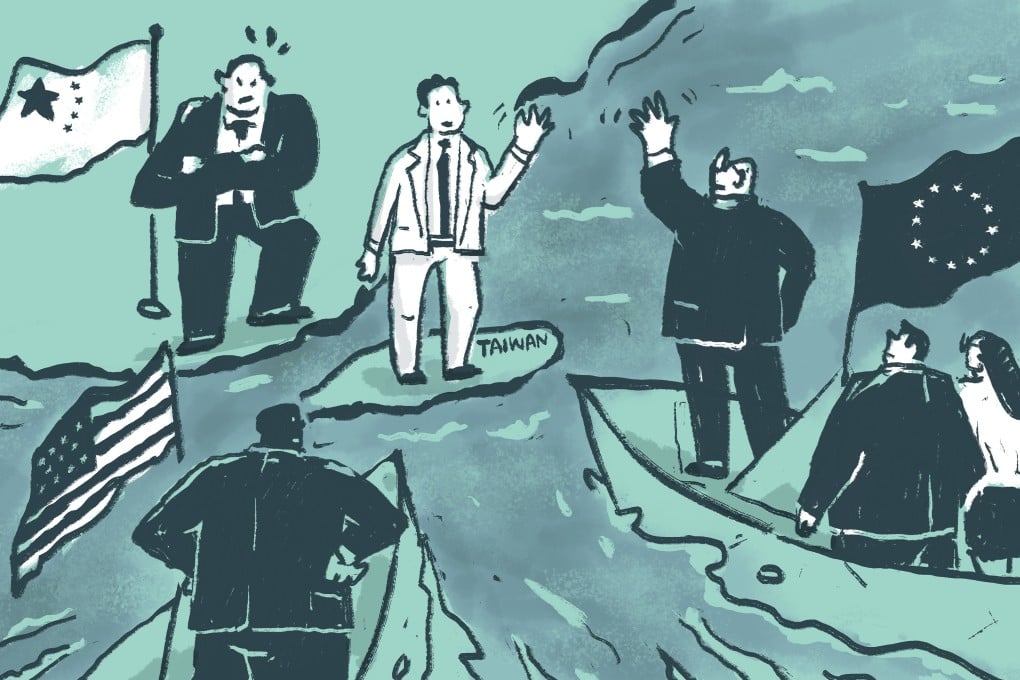Exclusive | European lawmakers to visit Taiwan next week to meet with Taipei officials
- Trip comes as EU-China relations fray and Taipei lobbies for a bilateral investment agreement with the EU
- An EU trade representative, though, says ‘there is no convincing economic rationale’ for such a deal

In a move sure to provoke Beijing, a delegation from the European Parliament will travel to Taiwan next week, as lawmakers push for closer ties with Taipei.
The small party plans to travel early next week, according to multiple sources familiar with the schedule, taking high-level meetings with senior Taiwanese government officials.
Leading the delegation will be Raphael Glucksmann, a French MEP and outspoken critic of China who was sanctioned by Beijing in March in a dramatic tit-for-tat escalation in bilateral tensions.
The trip comes at a time of heightened tension in cross-strait relations and a delicate moment for the European Union’s broader ties with China. Parliamentary staff have been sworn to secrecy about the details because of “security risks”, even receiving emails asking them not to discuss the trip until after it has taken place.

02:23
Taiwanese President Tsai Ing-wen says island 'will not bow' to mainland China
Last week, Beijing lashed out at European lawmakers after they adopted the parliament’s first-ever report on Taiwan, which urged the European Commission to initiate talks on a bilateral investment deal; rename and upgrade the EU’s office in Taipei; and support observer status for Taiwan at international agencies including the World Health Organization and Interpol.